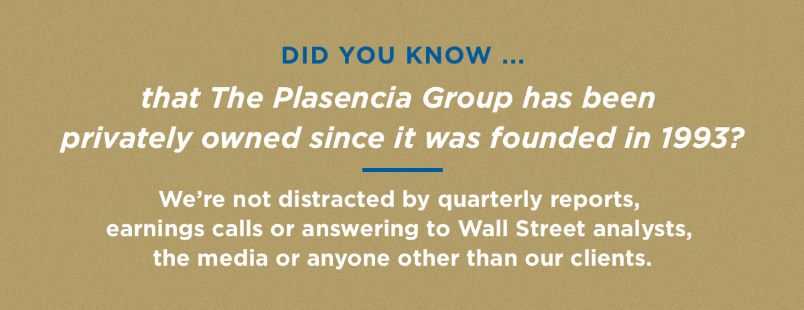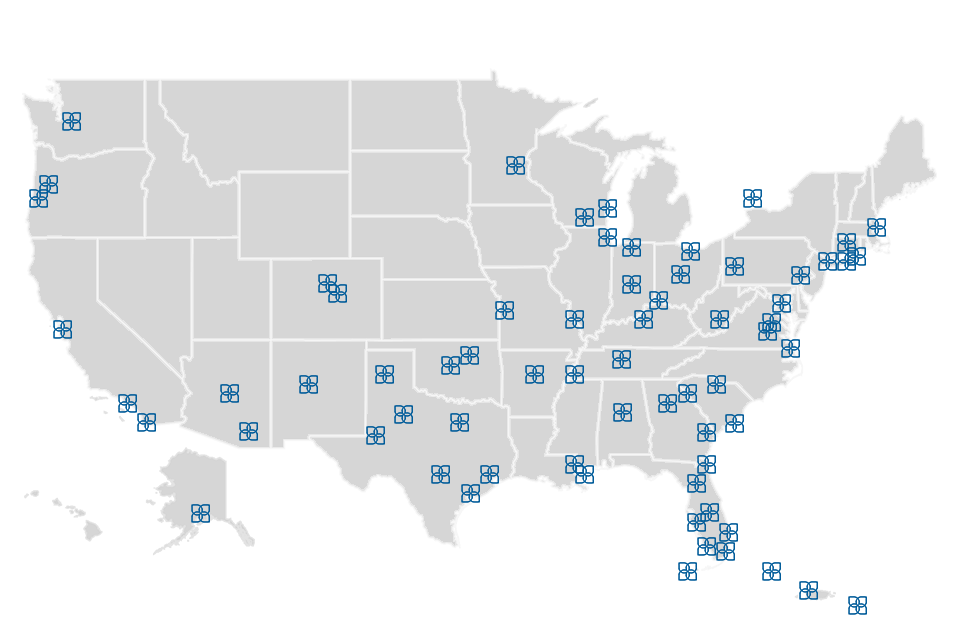Posted July 28, 2021
Relief may be coming to an end for distressed hotel loans.
The pandemic certainly impacted borrowers’ ability to make debt service payments on their hotel loans. Now that most markets are on their way to recovery, the relief that hotel owners received from their lenders may be coming to an end. The challenge is that many markets around the country still have a long way to go before they return to 2019 performance levels. How are owners going to deal with the hardships they may experience between the end of lenders’ reprieve and a full recovery? Two main options are available for borrowers to pursue, as described below.
Loan modifications
While the forbearance many lenders granted amid the turmoil of the downturn often allowed borrowers to defer payments for months and cover debt service using reserve account funds, these types of arrangements kept the base terms of the loan intact. Loan modifications, on the other hand, result in permanent changes to the terms of a loan agreement. Permanent relief options can include any combination of the following: an extension of the loan’s maturity date, a change in the amortization period, a modification of the payment schedule or an interest rate reduction.
Generally speaking, lenders familiar with the lodging space see the same full recovery on the horizon as many of their borrowers, and they may be willing to stick with customers for the long haul by modifying an existing loan, particularly those with whom they have long-term relationships. It may behoove borrowers to have a candid conversation with their lenders about realistic, well-informed performance expectations for their specific assets’ recoveries in their efforts to come to mutually-agreeable revised loan terms.
Foreclosure
Sometimes it can make the most financial sense for a borrower to “end the bleeding” by walking away from a challenged investment entirely. In the case where a borrower has no capacity to retain ownership of a property, the lender can take a few different actions, including selling the troubled note to a third party, completing a pre-foreclosure short sale, or offering a discounted payoff. Additionally, the borrower may opt to offer the lender a deed-in-lieu of foreclosure, effectively handing over the keys and legally abandoning the investment to avoid a foreclosure proceeding. A foreclosure process is a cumbersome, lengthy process that most lenders will avoid if other solutions are practical. Borrowers should also be loath to go through foreclosure.
In cases where a lender takes possession of the asset, they may opt to sell it outright to a third party, often through an auction process and sometimes through a formal real estate-owned (REO) disposition process.
Taking action
It can be invaluable to have an objective third-party advisor at the table when it comes to evaluating and pursuing options for distressed lodging loans. The Plasencia Group’s principals are adept at such negotiations and can assist in seeking additional relief for your firm’s hotel and resort loans. We would be honored to assist borrowers or lenders who feel caught between a rock and a hard place; just give us a call to discuss your specific situation.



